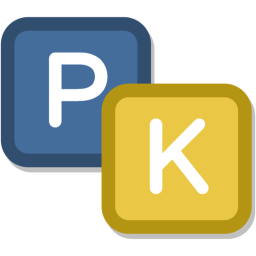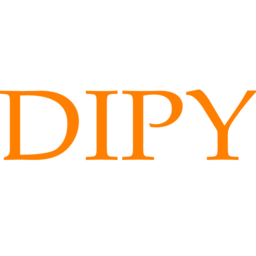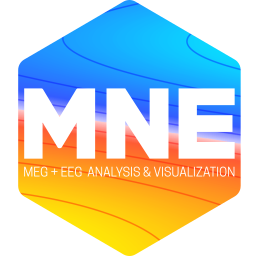Ideas for GSoC 2026
Mentoring orgs for GSoC 2026 have not been announced!
Students: It's too early to apply but any open source experience will make your application better so feel free to get some practice in while you wait. Here are the Instructions on getting started.
Mentors: If you're a sub-org who wants to join, please read the information for sub-orgs.

pocketpy
pocketpy is an organization dedicated to creating game development tools. It maintains a portable Python 3.x implementation, which has no dependencies other than the C11 standard library, making it easy to to embed Python scripting into existing C/C++ projects. pocketpy also provides plugins for popular game engines like Godot and raylib.

Borg Collective
We are the Borg Collective and maintain multiple Python-based backup tools that are often used in combination: Borg, Borgmatic and Vorta. The core Borg tool is a deduplicating archiver with compression and encryption. Vorta is a desktop backup client that integrates with Linux and macOS desktops. Borgmatic is a wrapper for server systems that also takes care of database backups and pre-backup commands.

DIPY
DIPY is the paragon 3D/4D+ imaging library in Python. Contains generic methods for spatial normalization, signal processing, machine learning, statistical analysis and visualization of medical images. Additionally, it contains specialized methods for computational anatomy including diffusion, perfusion and structural imaging.

FURY
FURY offers a rich collection of visualization actors, interactive tools, and animation utilities that make it easy to build dynamic and engaging 2D and 3D scenes. Its growing set of tutorials and examples helps users quickly get started with interactive visualizations, animations, and custom rendering workflows. Features such as real-time interactivity, camera controls, animated transitions, and GPU-accelerated rendering enable efficient exploratory analysis and compelling visual storytelling. By shifting to wgpu while maintaining a strong focus on usability, documentation, and interactivity, FURY v2 aims to deliver a more flexible, modern, and powerful visualization framework for the Python ecosystem.

MNE-Python
MNE-Python software is an open-source Python package for exploring, visualizing, and analyzing human neurophysiological data such as MEG, EEG, sEEG, ECoG, and more. It includes modules for data input/output, preprocessing, visualization, source estimation, time-frequency analysis, connectivity analysis, machine learning, and statistics.
Not participating in GSoC2026
Some of our sub-orgs from 2025 won't be participating in GSoC 2026. Please let them enjoy their time off!
Friends of the PSF
Here's some more interesting organizations that use Python!
- TARDIS TARDIS is an open-source Monte Carlo radiative-transfer spectral synthesis code for 1D models of supernova ejecta. It is designed for rapid spectral modelling of supernovae. It is developed and maintained by a multi-disciplinary team iincluding software engineers, computer scientists, statisticians, and astrophysicists.